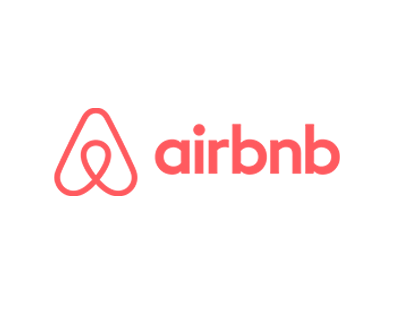The short-let rental market is booming, despite controversy and opposition around the world. In recent months, we have covered both the rapid growth of and the backlash against this thriving marketplace, which is led from the front by Airbnb and a number of smaller rival platforms.
Many consumers welcome the extra flexibility and affordability offered by Airbnb-style lets, but at the same time local residents, city mayors and local authorities have railed against the unregulated nature of the market and the increased anti-social behaviour short-term rentals have brought.
Cities and tourist hotspots across the globe have acted in recent years to curb the ill-effects of short-lets. And, earlier this month, both the Scottish Government and Bristol City Council announced a crackdown on short-term holiday lettings.
That said, many landlords and investors are still turning to this market. And, with the Friday 31 January self-assessment tax deadline now very close, industry body the UK Short Term Accommodation Association (STAA) is alerting homeowners who rent out their properties when they are away or rent out a room on a short-term basis, to understand their tax obligations and think about opportunities in the year ahead.
They believe there are three crucial things short-term hosts need to know about their tax entitlements.
If you rent out your whole property, there’s a £1,000 tax-free allowance.
If your total rental income (before expenses) from sharing economy activities, or renting out your home when you’re away, is less than or equal to £1,000, you do not have to declare it to HMRC and you do not have to pay any tax on it. You do not need to do anything to qualify, as it will apply automatically.
Council tax versus business tax
In England, if your home is rented out for short periods totalling less than 140 nights, you will continue to just pay council tax. However, if you short-let your property for over 140 nights, you will instead need to pay business rates.
That’s because, if you’re renting for more than 140 nights, your property will be rated as a self-catering property and valued for business rates. In some locations this will be more than council tax, in others it might be less.
If your property is in Wales, it will be rated as a self-catering property and valued for business rates if it’s both available to let for short periods that total 140 days or more per year and actually let for 70 days.
You can earn up to £7,500 a year from renting out a room in your home, for short periods, without having to pay any tax.
If you earn more than £7,500, you must complete a tax return (even if you don’t normally). You can choose to opt-in to the Rent a Room scheme, which will enable you to claim your tax-free allowance.
However, you’ll need to let HMRC know this on your tax return. If you choose not to opt-in to the scheme, you must simply record your income and any associated expenses on the property pages of your tax return. The STAA notes that you cannot claim for both the Rent a Room scheme and whole property rental allowances. It has to be one or the other.
“To make the most of the fantastic opportunities that the sharing economy offers, it’s very important that hosts who rent out their whole home or just a room on a short-term basis understand the tax implications, take advantage of the allowances and declare the income they make above these thresholds,” Merilee Karr, chief executive of UnderTheDoormat and chair of the STAA, said.
“At the STAA, our aim is to take out the uncertainty of becoming a host and provide help to homeowners who want to participate in the short-term rental market so that it grows in a responsible and informed way.”
The STAA says that, on average, hosts in the UK earn £3,100 a year through short-term lets, with more homeowners expected to join them in the years ahead ‘as it can be a great way to earn extra income from your most important asset’.
The sharing economy – which includes the likes of Airbnb, Uber, Deliveroo, Zipcar and Bla Bla Car - is predicted to grow by 30% in 2020. According to PwC, it is set to generate £18 billion of revenue for platforms and facilitate about £140 billion worth of transactions per year by 2025.










.png)









Join the conversation
Be the first to comment (please use the comment box below)
Please login to comment